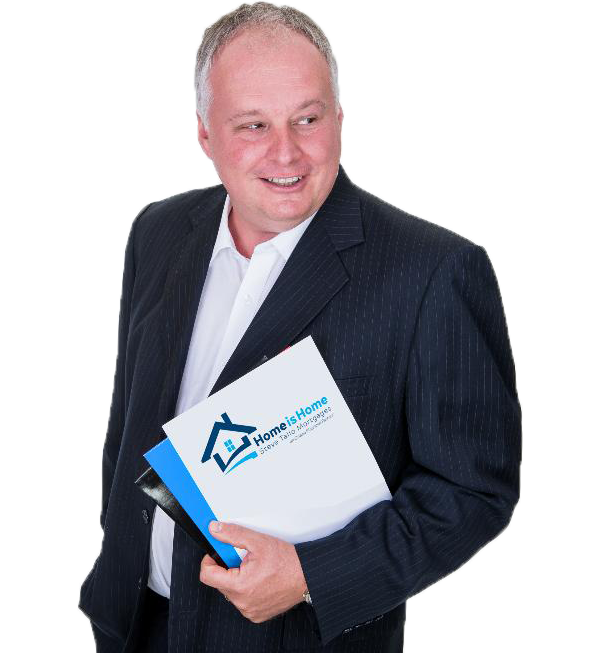
A recent IPSOS poll found that 93% of Canadians want to stay in their home during their retirement. Many are on a fixed retirement income, which can make comfortable living difficult without extra financial help. A reverse mortgage may be a viable way of giving you financial freedom in your retirement.
Your initial response to the idea of a reverse mortgage may be “No, I don’t want to be ripped-off” or “I don’t want to lose my home”. I understand this response and unfortunately, much of the negative press about reverse mortgages originated in the US where financial regulations are not as strong as in Canada. Our Canadian financial system received international recognition in 2008 for its stability and ability to weather the effects of the recession at the time.
What is a reverse mortgage? It is a loan that allows you to get money from your home equity without having to sell your home. This is sometimes called “equity release”. You may be able to borrow up to a certain percentage of the current value of your home. The maximum amount you will be able to borrow will depend on your age, your home’s appraised value and your lender.
How does a reverse mortgage work? You don’t need to make any payments on a reverse mortgage until the loan is due. This is usually when you move out of your home, sell it or the last borrower dies. You will owe more interest on a reverse mortgage the longer you go without making payments. This may result in you having less equity in your home.
Advantages of reverse mortgages:
- Stay in the home you love
- Eliminate debt repayments
- Increase your monthly cash flow
- Help a child or grandchild
- Enjoy retirement by travelling and dining out more
- Pay for healthcare expenses, renovations or accessibility retrofits
- Give an early inheritance
- Take that dream vacation…and more
Some disadvantages of reverse mortgages:
I prefer to label these “disadvantages” as “facts” for which you need awareness. You need to understand and have perspective about the structure of the reverse mortgage, including the following:
- Interest rates are higher than most other types of mortgages
- The equity you hold in your home may go down as the interest on your loan adds up throughout the years. For this reason, it is not recommended to start a reverse mortgage at the age of 55. The optimal age is around 75.
- There may be less money in your estate to leave to your children or other beneficiaries
If you would like to learn more about how a reverse mortgage may benefit you, please contact me and I’ll be happy to answer any questions you may have and provide you with more information so you can make the right financial decision.
Do you want to know 7 Tips To Improve Your Purchasing Affordability? If YES, read the tips here.
It was great working with Steve as a first-time buyer. Steve was recommended to me by my realtor whose previous clients had positive experiences working with him. I found a place and made an offer with a fairly short financing time frame. Steve worked quickly to find the option that worked best for me. He made me feel comfortable throughout the process, checking in frequently and diligently answering all of my questions. I would recommend Steve to friends and family..
Having dealt with some pretty poor service from TD with our previous mortgage, it was an absolute pleasure to work with Steve. He keeps you constantly informed through the process, and explains the process so you understand it. We were able to complete this whole process without having to drive somewhere for multiple meetings, everything was done via email or at our house at a time that suited our schedule. Definitely will continue to work with Steve in the future. Thanks!

Ready To Get Started? Apply Today!
If you have already worked through your budget and costs, hit the button and fill out the form and I can get to work to find the best solutions to fit your needs!.
Start Your Journey Today
Steve and his extended team can help you get the help you need.

